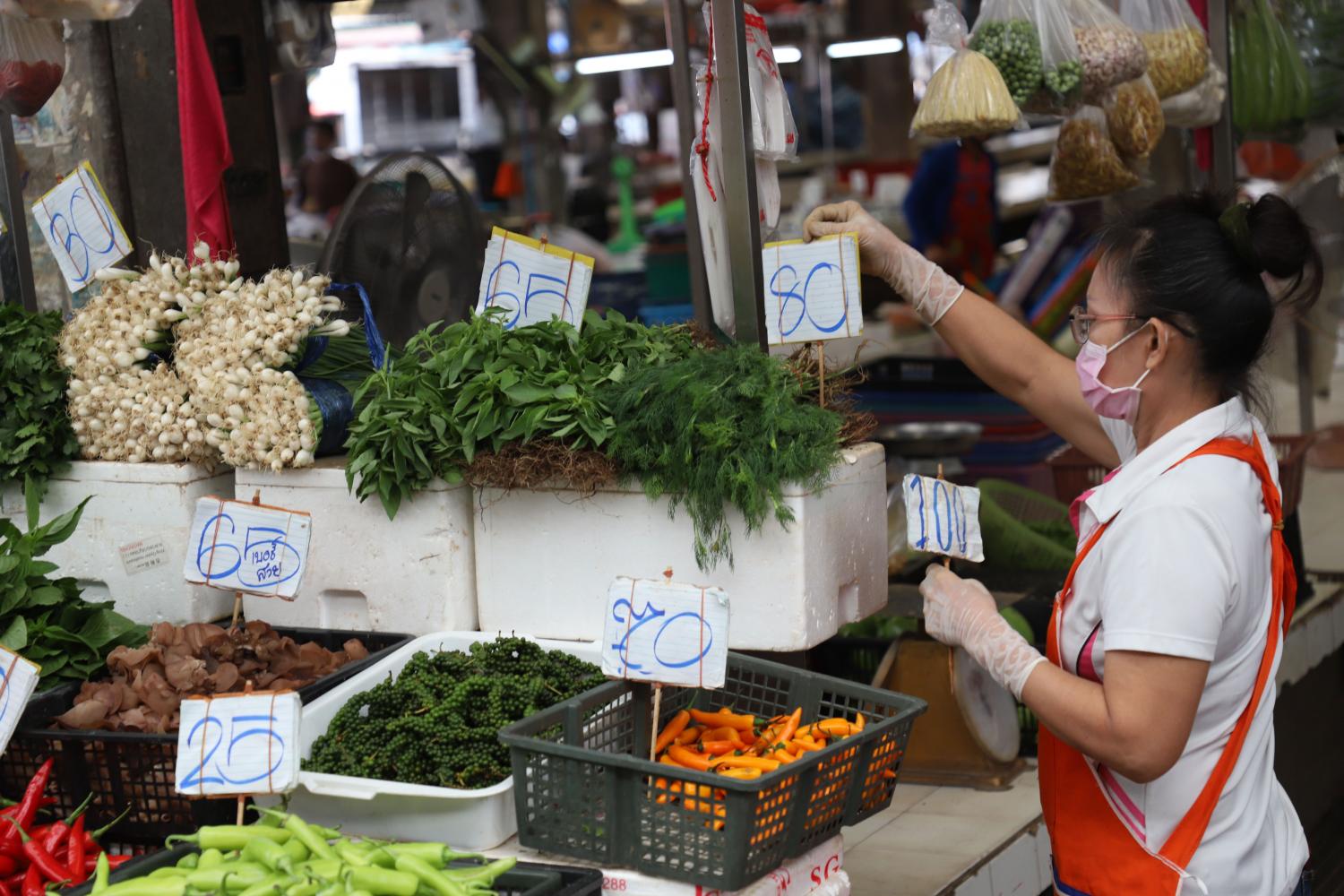
In recent months there have been positive signs that the world is returning to normal after the Covid-19 pandemic. People have worked tirelessly over the past two years to address and mitigate the consequences of the pandemic, spending billions on healthcare, vaccine development and deployment, social assistance payments, and other economic stimulus measures. The pandemic reminded us of the increasingly interconnected nature of the world, and highlighted the importance of countries working together to tackle shared challenges. Thailand continues to play an important role, including by hosting AstraZeneca's vaccine development hub for Southeast Asia.
The world now faces a new set of significant challenges, this time caused by Russia's unjustified and unprovoked war against Ukraine. The challenges are to international peace and security, the rules-based international order, and the global economy. Like Covid, this is an international crisis with far-reaching consequences. The consequences of Russia's actions extend well beyond Ukraine's borders.
In just 11 weeks since the start of Russia's full-scale invasion of Ukraine on Feb 24, the UN estimates that 3,381 civilians have died, including 235 children, plus over 3,680 injured -- though the actual toll is likely to be much higher. There is also a significant amount of evidence being collected about atrocities committed by the Russian military, including the destruction of critical civilian infrastructure, such as hospitals and schools, and the widespread use of rape and torture as weapons of war. These acts would all be war crimes.
As appalling as the war is, the effects and suffering are not just being felt by Ukrainians in Ukraine. Russia's war against Ukraine has caused a global economic shockwave that is being felt right here in Thailand too -- farmers are facing rising fertiliser costs, fuel prices are much higher, and commodities are also seeing price increases. Ukraine is a key producer of agricultural products. A large number of displaced Ukrainians combined with the damage done by Russia to agricultural infrastructure and critical ports and railway connections have a significant impact on global food security. The global economic disruption caused by Russia's war is likely to be felt for some time to come, including in Thailand.
We, the Ambassadors of Australia, Canada, the European Union, Japan, Norway, United Kingdom, the Ambassador-designate of New Zealand, and the Charge d'Affaires of the United States of America, and the countries we represent, are resolute in our commitment to Ukraine's sovereignty and territorial integrity, which is why we will continue to support Ukraine in its self-defence against Russian hostilities.
We also want this war to end swiftly so that the international community can help Ukraine recover and rebuild, so that thorough independent investigations into war crimes can be carried out and perpetrators held to account, and so that the global economy and business can get back on track. We believe that the quickest way to end the war is for Russian President Vladimir Putin to cease hostilities and withdraw his troops from Ukraine immediately, and we have made those calls repeatedly on the international stage.
We are friends of Thailand and strongly endorse Thailand's recent public commitments in the United Nations General Assembly to uphold core principles of the international order. We strongly believe in the rules-based international system and must do everything we can to protect it.
We also want to see a quick economic recovery in Thailand and elsewhere after the hardships caused by the pandemic and now Russia's war in Ukraine. These aims can best be achieved through Russian de-escalation and withdrawal from Ukraine, which would provide a path towards stabilisation of the global security situation and economy in our interconnected world.
Russia's war in Ukraine may only be 11 weeks old, but without swift resolution, its impacts here in Thailand and elsewhere will be felt for many years to come.
Co-signatories: Australia, Canada, EU, Japan, New Zealand, Norway, UK, US.







